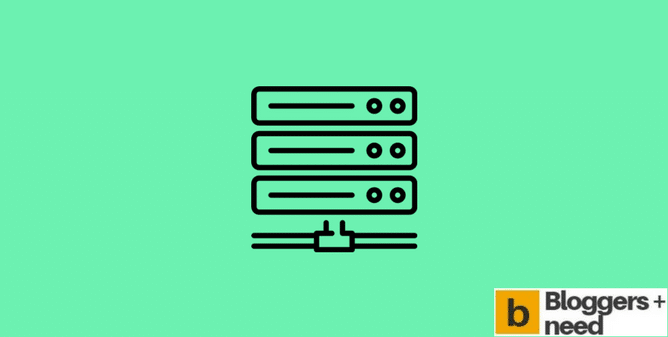
In our web-centric era, owning an online platform is almost essential—whether you’re launching a personal blog. However, fears over expenses are common, especially among beginners and startups. The bright side is that low-cost website hosting makes getting online possible, all without compromising core features for most use-cases.
Our detailed breakdown explains everything to understand about affordable web hosting: the meaning of cheap hosting, the benefits and limitations, must-have offerings, and our top-rated budget hosting companies.
Explaining Cheap Hosting
Cheap web hosting means services offered at significantly reduced rates, marketed for limited budgets. Intro rates are commonly as low as under five dollars monthly. Affordability is enabled by shared hosting environments.
Yet, for such affordable rates, you still get plenty of value: free SSL certificates, and even blogging integrations. While higher-tier solutions offer added power and customization, basic cheap web hosting is perfect for personal or small business needs.
Benefits of Cheap Web Hosting
Cost-effectiveness
The main attraction, financial accessibility stands out. For the price of a coffee, you can build and maintain a polished, public-facing site.
Beginner-friendly interfaces
Modern cheap hosting companies provide familiar cPanel or custom panels, making site administration painless even for non-techies.
Bundled extras
Affordability doesn’t sacrifice functionality. Expect domain registration discounts, site builders, and other essential add-ons.
Room to Grow
Start small and expand as your needs grow.
Limitations of Cheap Web Hosting
Resource Sharing
With shared hosting, your site shares RAM and CPU with others, so resource-heavy sites can cause sluggishness.
Reduced power
Fine for lighter loads, but not suited for big e-commerce.
Help desk quality
Not all dirt-cheap providers offer quality assistance, though findings improve every year.
Restrictions on premium options
git/staging environments are often locked behind higher tiers.
What to Prioritize
Uptime Guarantee: Aim for at least stable connection rates.
Fast loading: Efficient servers really improve browsing experience.
SSL Security: Needed by search engines and visitors.
No-cost first-year domain: Some hosts throw in a free domain for year one.
Always-available assistance: Live phone or ticket help is key for peace of mind.
No-code design help: Ideal if you lack coding knowledge.
Easy software setup: Especially for blogging platforms.
Leading Affordable Hosts
Check out these reputable budget hosting services based on real-world user experiences:
Hostinger Hosting Starting at: $1.99 per month Highlights: Weekly backups. Recommended for: Portfolios.
Bluehost Shared Hosting Starting at: $2.95 per month Highlights: 1-year free domain. Recommended for: Bloggers.
DreamHost Starting at: website $2.59/mo Highlights: Automated backups. Recommended for: Small business websites.
Namecheap Hosting Starting at: $1.58/mo Highlights: Website builder. Recommended for: Starter websites.
A2 Shared Hosting Starting at: $2.99/mo Highlights: Blazing-fast SSDs. Recommended for: Speed seekers.
Tips for Maximizing Your Savings
Watch for huge discounts: Many hosts offer deep discounts for new terms. Check long-term pricing.
Prepay for More Savings: Annual contracts save you money in the long run.
Understand plan exclusions: Watch for storage/bandwidth caps.
See what users say: User stories provide insights you might miss.
Prioritize Quality Support: Reliable problem-solving is especially vital for beginners.
Ideal Users for Budget Hosting
Budget-friendly plans are perfect for:
Personal blogs
Startups
Freelancers
Charitable organizations
First-time site owners
If you’re running a complex e-commerce shop, upgrade to VPS or dedicated hosting as you grow.
Final Thoughts
Budget hosting make launching a website accessible to everyone. Whether you need a blog, modern low-cost plans are feature-rich.
By matching features to your needs, you can kickstart your digital journey—with confidence and convenience.